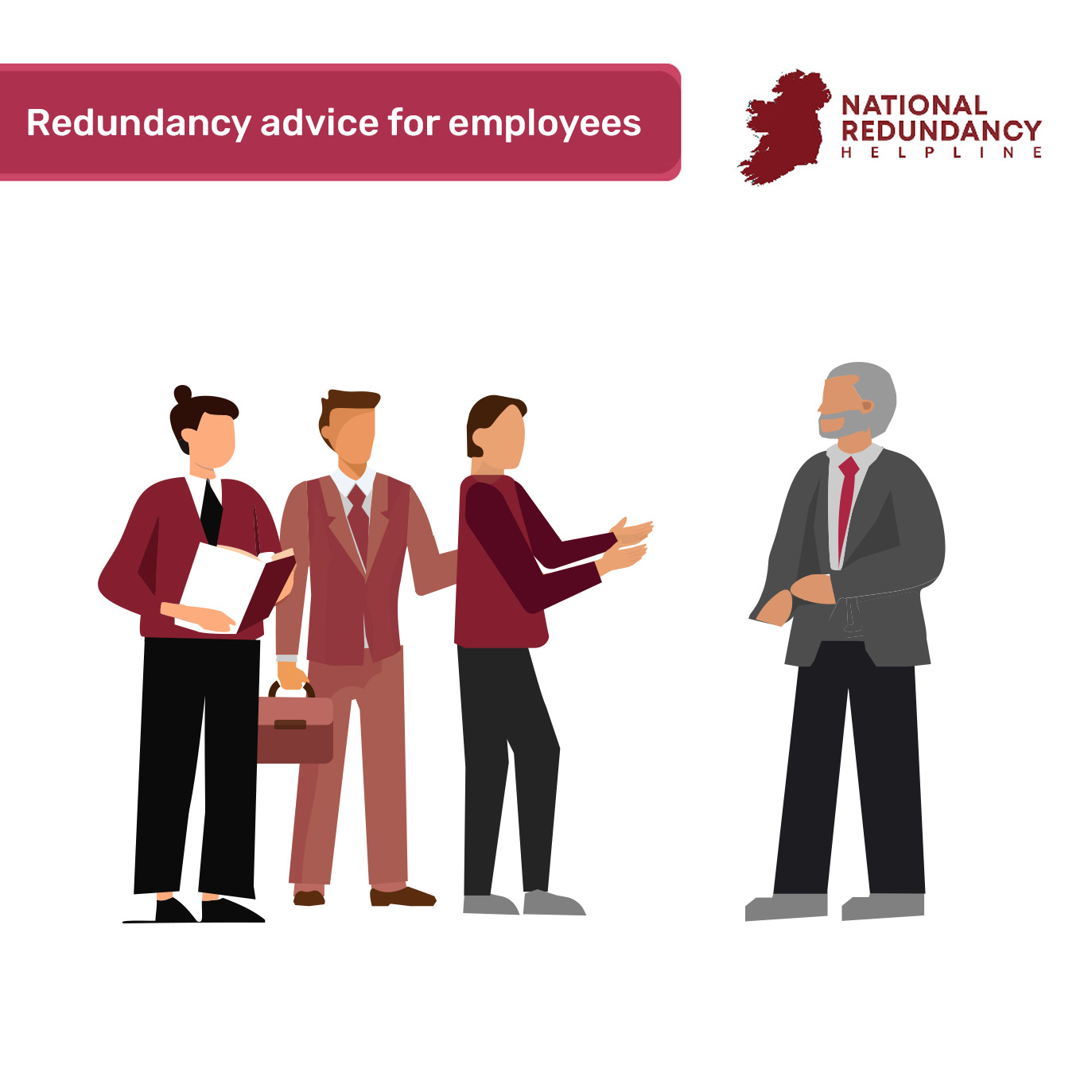As an employer, one of the last things you will ever want to consider is redundancy. Downsizing a business is often seen as a step backwards.
However, this is not always the case. Sometimes, making employees redundant is a tough step in the right direction for the long-term benefit of the company.
To be an effective employer, you need to be able to make the tough calls. Redundancy may be one of these difficult decisions that you are forced to make.
However, the process of redundancy is one that should never be done in a rush or done blindly. It is important you have a good understanding of redundancy, and have full confidence it is the right decision.
If you are an employer looking for more clarity on redundancy, speak to an expert today. At the National Redundancy Helpline, we are eager to help any employers who need advice.

Reasons a business might need to consider redundancies
Although the need for redundancy is one that employers will want to avoid, it is important to be able to make the call when it is necessary. A failure to address or recognise signs that a business is starting to struggle will make it difficult to succeed.
An employer should start to consider redundancy if their business is in need or reorganising for the purpose of profitability. There are many reasons why this may occur, such as;
- Technology advances make job roles less relied-upon
- Roles begin to feel disposable
- Areas of your business are not generating enough revenue
- Consumers are no longer interested in certain goods and services
Under what circumstances can you perform layoffs?
Redundancy is not the same as just letting go of a member of your staff.
A genuine redundancy situation is when an employer dismisses an employee on terms unrelated to their performance or other personal reasons. Circumstances that can lead to a genuine redundancy include:
- When employers no longer do business where the employee worked
- There is no need for certain categories or sectors in the business
- Staff reduction is chosen by the employer
- Roles and responsibilities change among working positions
If you have any further concerns regarding what is considered genuine redundancy, speak to one of our experts today.
Termination vs redundancy
If an employer decides to cease the employment of an employee for more performance-based reasons, this is considered termination of contract. This is when an employee is released from their contract, with a plan of replacing them in the future.
However, an employer cannot decide to release an employee from their contract for any reason. Examples of fair grounds for dismissal include:
- Incapability to do a job
- Incompetence performing duties
- Not having adequate qualifications for the role
- Unprofessional behaviour
- Illegal acts
Redundancy is also considered a fair form of dismissal, but is different to a termination of contract.
What to consider before making an employee redundant
Before you make an employee redundant, there are a number of things that you need to take into consideration. Some considerations are as follows;
- It is the removal of the role, not the employee
- Fair process is required for redundancy
- Consider alternative roles for employee
- An employee must be employed for two years to receive a redundancy payment
There may be situations in which you are forced to choose between two employees working the same role. This can happen when there is still a need for a certain number of members fulfilling the role, but there is also a need for downsizing.
If you are forced to pick between two (or more) employees to make redundant, it is important you do this process fairly. Some criteria you can base this decision on include:
- Quality of work
- Disciplinary record
- Attendance
- Performance and contribution
You should not make decisions for redundancy based on personal preference or other non-work related matters.
Redundancy notice for employees
It is important to note that employers must give their employees a period of notice if they plan on making them redundant. They will need a formal period of at least two weeks prior to their dismissal.
Depending on lengths of service, an employee may be entitled to a longer period of notice.
What are improper redundancy actions?
There are a number of ways in which you can do redundancy the wrong way, or illegally.
For example, you cannot make a staff member redundant, then employ a new individual for the role. This would be considered termination, and making them redundant would be illegal.
You cannot unfairly dismiss an employee under any circumstances. Examples of what might be considered unfair dismissal includes dismissal due to:
- Religious or political opinions
- Race
- Age
- Sexual orientation
- Gender
- Family status
- Membership of the Traveller community
The consequences of illegal redundancy behaviour
If you are found to have illegally made an employee redundant, or dismissed someone unfairly, then an employer may face financial penalties. As well as this, there can be significant damage done to the reputation of the business.
If an employee has been found to have been unfairly dismissed, they may get their job role reinstated or they may receive financial compensation.
Speak to a redundancy expert today
Making decisions regarding redundancy is not an easy choice for an employer. This is why it can be beneficial to speak to an expert on the subject, as soon as possible.
By getting in contact with the National Redundancy Helpline, we can advise you on what steps will best benefit your business, as well as the employee being made redundant. With our help, you can have peace of mind that you are taking all the right steps.


